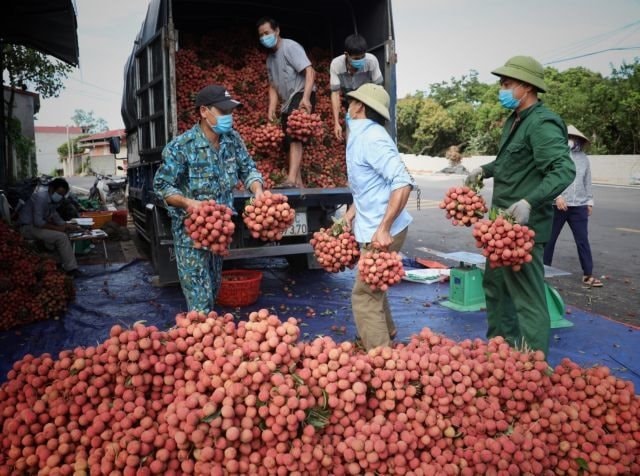
As an enterprise specialising in exporting vegetables and fruit to fastidious markets such as Japan and the EU, Ameii Vietnam Joint Stock Company (Ameii Vietnam) has strengthened control of exports and is seeking new customers.
Now, the company is negotiating with customers and is expected to increase lychee exports by about 30 per cent compared to last year, said Ameii Vietnam general director Ngo Thi Thu Hong.
Notably, this year's lychee exports to fastidious markets such as Japan and the EU are expected to grow. Hong said Ameii Vietnam was working with more than 20 Japanese partners and more than 10 EU partners to export this fruit.
The company has mainly exported fresh lychees every year. However, this year, besides fresh lychees, it has used freeze-drying technology to process lychees for export.
Hong said the company still focuses on exporting fresh lychees, while the freeze-drying technology will prolong lychees' usage. But the storage costs for the processed lychees are quite high.
Meanwhile, export prices of lychee are still maintained at the rate of 10-20 per cent higher than the market price.
Nguyen Van Thiet, director of Phuc Hoa Lychee Cooperative in Bac Giang Province, said that harvesting lychees started on May 20. This year's lychee output is expected to be higher than last year. Export and consumption in the domestic market are expected to grow. The cooperative's export markets include France, South Korea, and the EU.
The price of lychees is about VNĐ35,000 per kilo, an increase of VND5,000 on year, Thiet said.
Bac Giang estimates its lychee output at about 180,000 tonnes this year, harvesting from May 20 until July 20. China is still the primary export market of Bac Giang lychees. This year, exports to this market are expected to be about 95,000 tonnes.
This year, along with strengthening control of the COVID-19 pandemic, China is more demanding on the quality of Vietnamese lychees. To ensure the quality of exported lychees, Luc Ngan regularly monitors the planting areas to ensure export standards.
Meanwhile, Thanh Ha District, Hai Duong Province, will have more than 3,200 hectares under lychee trees this year. This district's lychee output is expected to be 5-10 per cent higher than last year. The lychee harvest period is forecasted from May 25 until June 25.
Hong said the export market is forecasted for growth, but there are still risks. Especially, China, the largest lychee export market, is still applying "Zero COVID" policy.
For the Japanese market, it has announced that all export lychee batches this year must be tested for pesticide residues. This is one of the difficulties for businesses.
In previous years, it was tested according to probability, or one of every four to five batches.
"This year, Ameii Vietnam has strengthened control of raw materials for export, so it does not worry about the residue testing. However, Japan's testing for all export lychee batches will prolong the storage time, increasing the costs of businesses and product prices," Hong said.
Hai Duong lychee exports up
Deputy Director of Hai Duong Province's Department of Agriculture and Rural Development Vu Viet Anh said: "This year, the number of contracts on exporting lychee to markets such as Japan, South Korea, Australia and Europe is expected to increase by 30-40 per cent compared to last year.”
In 2022 so far, the total lychee growing area in the province has reached 8,900 hectares and the province's lychee output is expected about 61,000 tonnes, an increase of more than 10 per cent compared to 2021.
Lychee production in 2022 has had improvements in quality. More than 500 hectares are produced under VietGAP standards and more than 100 hectares are developed under Global GAP standards.
Hai Duong's agricultural sector is also focussing on implementing trade promotion programmes for lychees.
At the end of May, there will be a series of trade promotion events to export lychee products to other countries such as the lychee festival, a forum on improving the quality of exported lychees and a contest to export Thanh Hà lychee products, Viet Anh said.
From now until the end of June, the Hải Dương Department of Agriculture and Rural Development will also organise trade promotion events in major cities such as Ha Noi, Hai Phong and Da Nang, especially in big supermarkets in those cities.
Those trade promotion activities will be a chance to connect growers with enterprises and supermarkets at home and abroad. They also help enterprises promote consumption on the domestic market and exports.

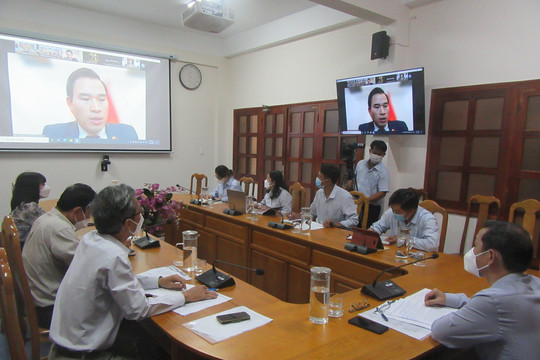
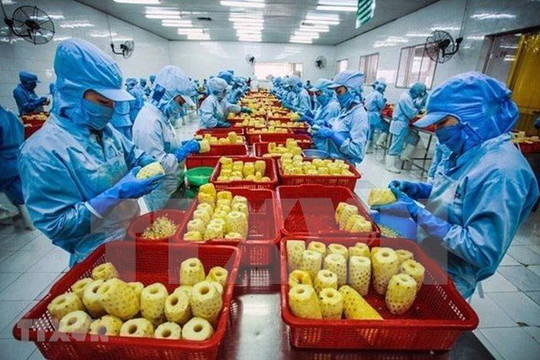

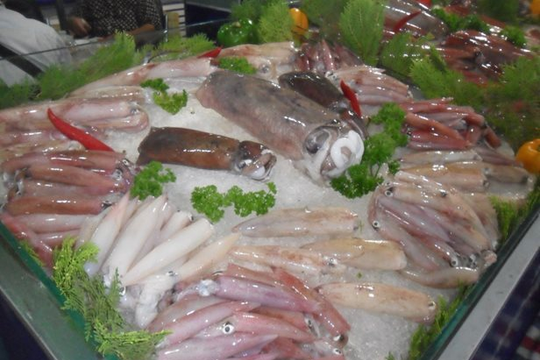
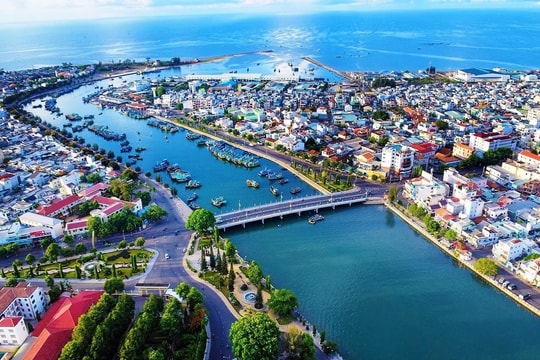
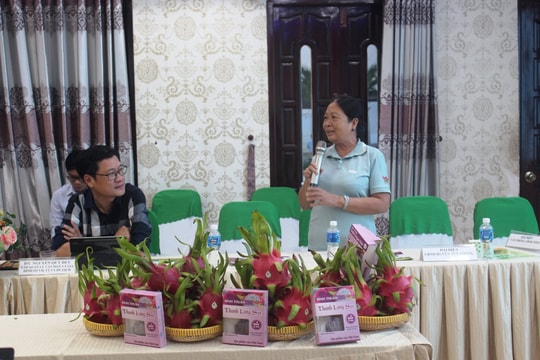

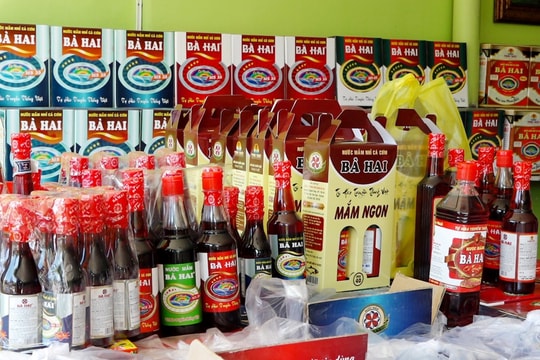








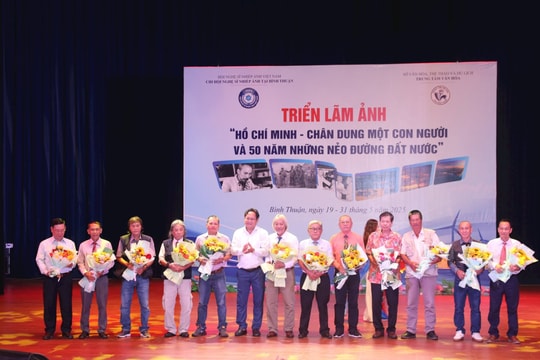






.jpg)




.jpeg)

.jpeg)


.jpeg)


